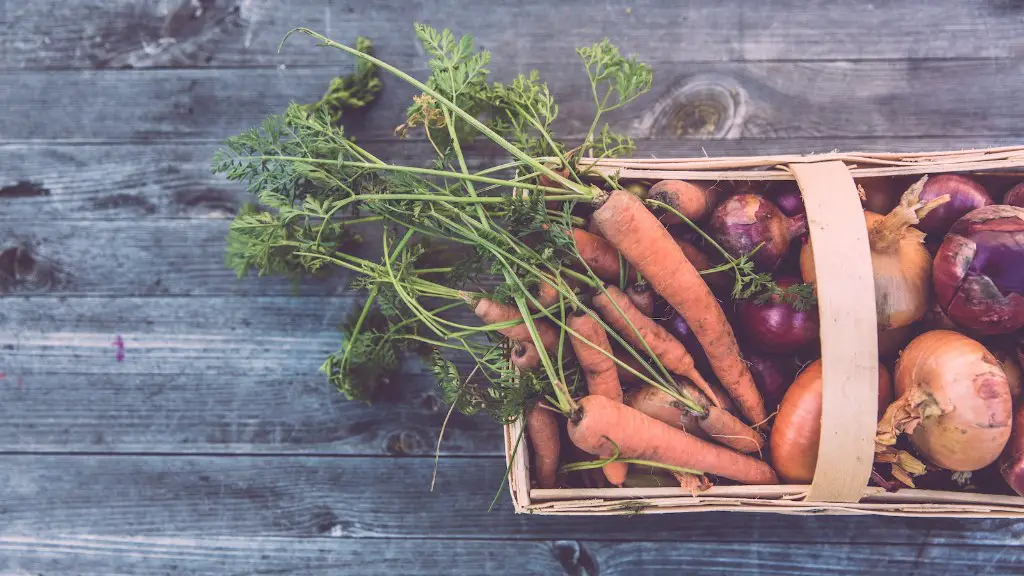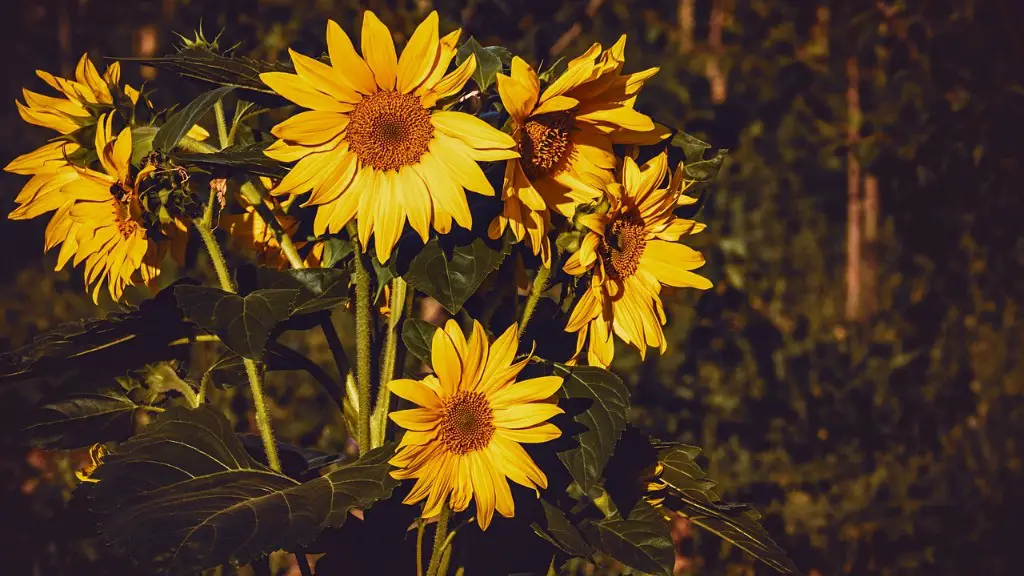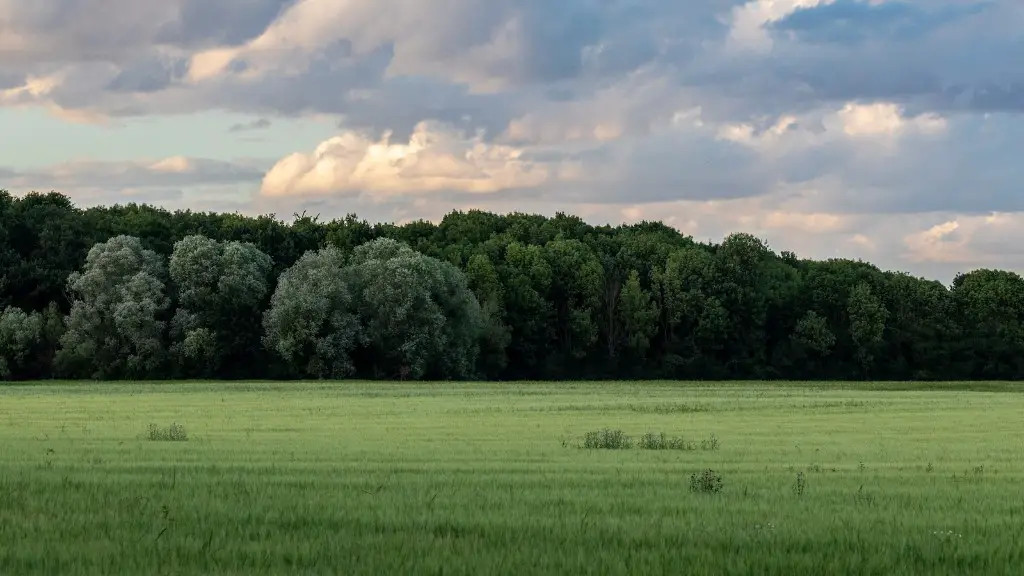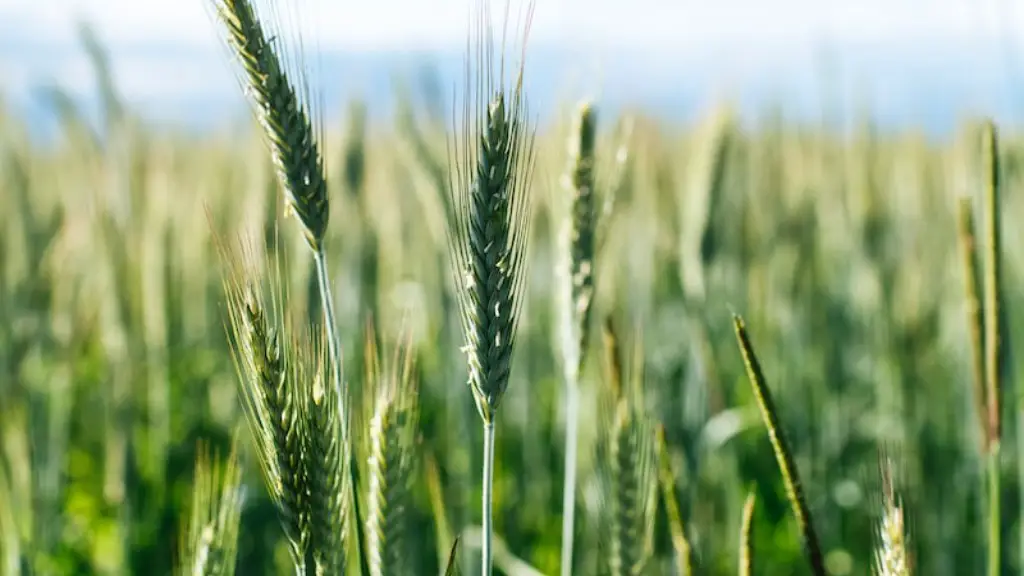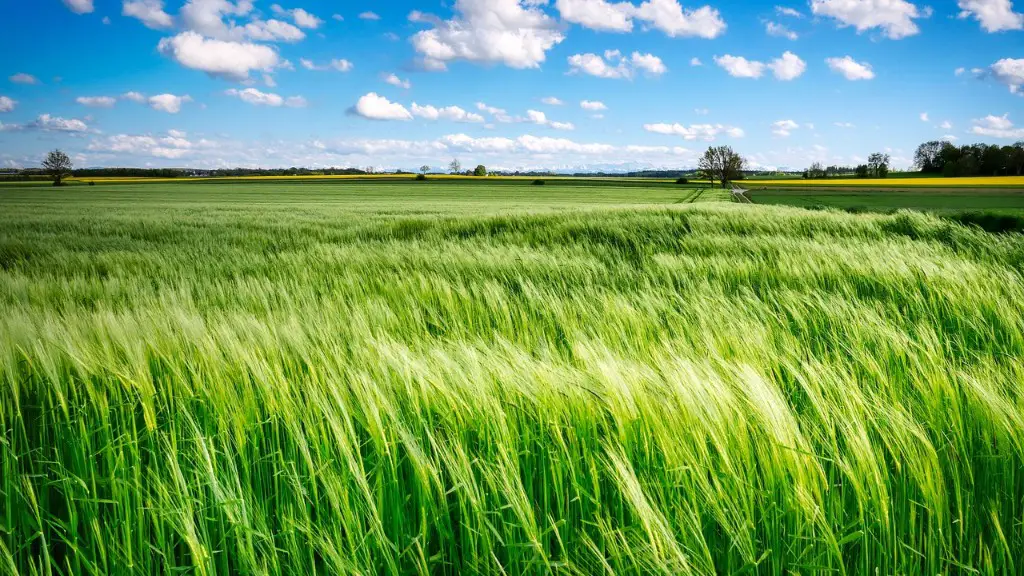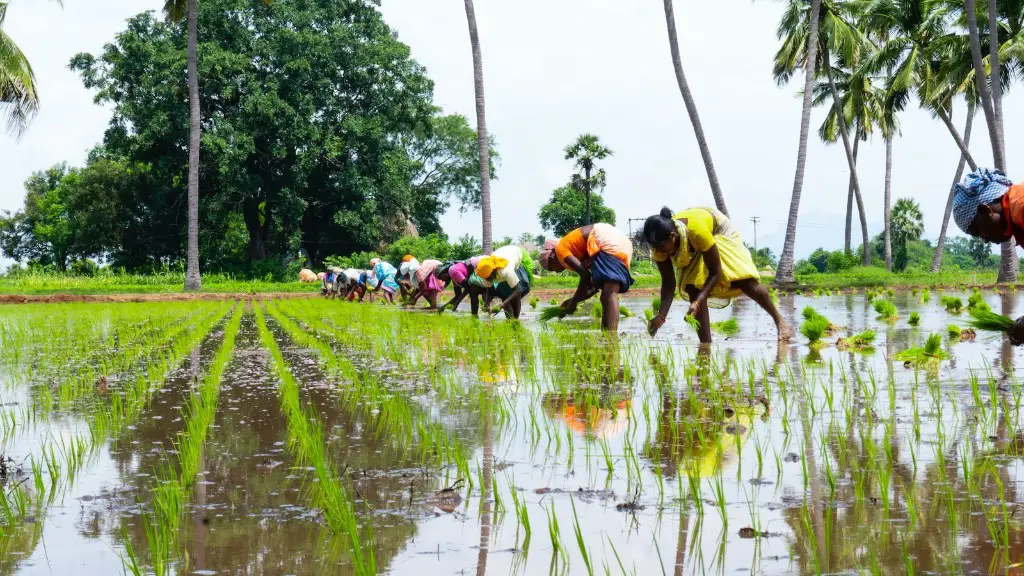The use of chemicals in agriculture is a controversial topic. Some people believe that chemicals are necessary to produce food, while others believe that chemicals are harmful to the environment and to human health. There is a lot of scientific research that has been conducted on this topic, and the results are often conflicting.
In agriculture, chemicals may be used to fertilize, pest control, and regulate plant growth. Chemicals commonly used in agriculture include nitrogen, phosphorus, and potassium. Pesticides, herbicides, and fungicides are also commonly used in agriculture.
What are the 3 main chemicals used in agriculture?
Nitrogen, phosphate, and potash are essential nutrients for plant growth and crop production. Nitrogen is required for the growth of leaves and stems, and for the production of chlorophyll, the green pigment in plants that helps them convert sunlight into energy. Phosphate is essential for the development of roots and for the production of flowers and fruits. Potash is required for the growth of leaves and stems, and for the production of flowers and fruits.
While herbicides and pesticides are commonly used on farms to control plant growth, anhydrous ammonia is also used as a fertilizer. While all three of these chemicals can be dangerous if not used properly, anhydrous ammonia is particularly dangerous because it is a highly corrosive chemical. If it comes into contact with skin, it can cause severe burns. Inhaling the fumes can also be dangerous, and can cause respiratory problems.
What are agricultural chemicals used for
Industrial agriculture relies on two types of chemicals: fertilizers and pesticides. The former boost soil fertility, making crops more productive, while the latter protect crops by controlling weeds (herbicides), insect and animal infestation (insecticides and rodenticides) and fungal/mold diseases (fungicides).
Fertilizers and pesticides can both be harmful to the environment if not used properly. Fertilizers can pollute waterways and contaminate soil, while pesticides can kill beneficial insects and make plants more susceptible to disease.
Proper management of fertilizers and pesticides is essential to minimizing their impact on the environment. This includes using them only when necessary, choosing products with the least harmful ingredients, and following all label instructions carefully.
Pesticides are a necessary part of modern agriculture, as they help to protect crops from damaging insects, weeds, and diseases. Without pesticides, crop yields would be significantly lower, and food would be more expensive.
Pesticides come in many different forms, and each type is designed to target a specific type of pest. Herbicides, for example, are used to kill weeds, while insecticides are used to kill insects. Fungicides and bactericides are used to kill fungus and bacteria, respectively.
Pesticides are applied using a variety of methods, including spraying, soil incorporation, and seed treatments. The method of application depends on the type of pesticide being used, the crop being treated, and the specific pest problem.
Pesticides are regulated by the government to ensure that they are safe for human health and the environment. Pesticide labels must provide information on the proper use of the pesticide, and users must follow these directions to minimize risks.
What do farmers spray fields with?
Pesticides can help increase crop yields by reducing competitive environmental factors such as weeds, bugs, and disease. By doing so, they help the plant to retain its health and nutrients, making it more productive.
The modern agricultural system that produces our food is absolutely dependent on phosphorus. It is essential for plant growth and plays a key role in the development of agricultural systems. The history of development of phosphorus fertilizer, the sources of phosphorus, and the key role of phosphorus fertilizers are discussed.
What are the top 5 toxic chemicals?
Botulinum toxin, maitotoxin, batrachotoxin, and VX are all extremely toxic substances. VX is the only synthetic compound in our top five, and is a nerve agent with the consistency of engine oil. Ricin is an extremely toxic plant poison that was famously used to kill the Bulgarian dissident Georgi Markov in London.
Herbicides are chemical agents that are used to kill or inhibit the growth of unwanted plants. Herbicides can be used to control residential or agricultural weeds, as well as invasive species.
What is the most common pesticide used in agriculture
Chlorpyrifos is an organophosphate pesticide that is classified as a high human health hazard by the US Environmental Protection Agency (EPA). Despite this, it is still used in many agricultural and non-agricultural settings.
Chlorpyrifos is known to cause a number of health effects, including neurodevelopmental effects in children, respiratory effects, and skin and eye irritation. It is also a known endocrine disruptor.
The EPA is currently in the process of reevaluating the use of chlorpyrifos and is expected to issue a final decision in 2020. In the meantime, it is important to be aware of the potential health hazards associated with this pesticide and take steps to avoid exposure.
Pesticides are chemicals used to kill or control pests. Examples of pesticides include fungicides, herbicides, and insecticides. Each type of pesticide kills or controls different types of pests.
Do farmers use chemicals on their crops?
The use of synthetic pesticides has increased significantly in agriculture over the past few decades. Pesticides are used to control harmful pests and prevent crop yield losses or product damage. There are many different types of synthetic pesticides, each with its own specific mode of action. Some synthetic pesticides are designed to kill the target pests, while others only affect their ability to reproduce. Some pesticides are harmful to humans and the environment, while others are not.
Pesticides are substances that are used to control pests. They are usually applied to crops to protect them from damage from insects, weeds, or diseases. Pesticides can also be used to control animals that damage crops or to kill animals that carry diseases that can be transferred to humans.
What chemicals are sprayed on vegetables
Pesticides are used on crops that are fed to animals, although residue from pesticides is generally not found in meat or dairy products. Pesticides are used to kill or control insects, fungi, and weeds. Some pesticides are applied before planting to prevent damage from pests. Other pesticides are applied to growing crops to protect them from insects, fungi, or weeds. Pesticides are also used in animal husbandry to control pests in livestock housing and pastures.
Organic Roundup alternatives are available for those who want to avoid using traditional herbicides. Herbicidal soaps use fatty acids to kill weeds, while industrial vinegar contains higher levels of acetic acid. Acid-based herbicides can be effective on young weeds, while corn gluten meal can kill both grass and broadleaf weeds.
What is the white stuff farmers put on their fields?
Agricultural lime is a soil conditioner made from crushed limestone. Once the lime dissolves, it releases a base that lowers the acidity of the soil. Farmers apply lime to increase yields.
Glyphosate is a safe and effective herbicide. Products containing glyphosate can be used according to label directions without posing risks to children or adults. There is no evidence that children are more sensitive to glyphosate than adults.
Final Words
There are many different chemicals that are used in agriculture, depending on the type of crops being grown and the desired results. Some common chemicals used in agriculture include pesticides, herbicides, and fertilizers.
There are many different chemicals that can be used in agriculture, depending on the specific needs of the crops being grown. Some of the most common chemicals used in agriculture include fertilizers, pesticides, and herbicides. Each of these chemicals can help to improve the yield and quality of the crops, but they must be used carefully to avoid harming the environment or the people who work with the crops.
